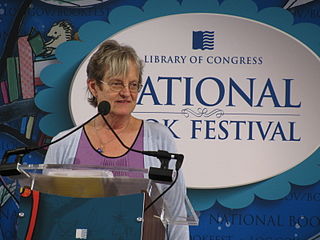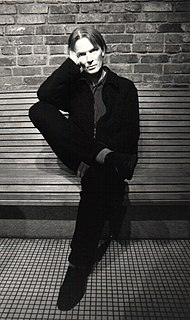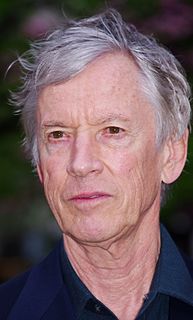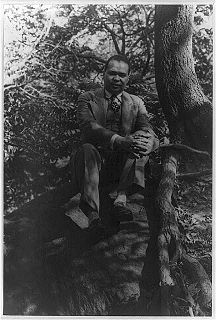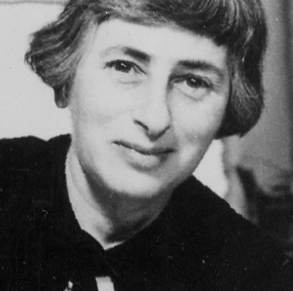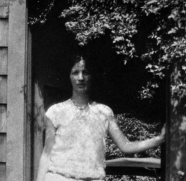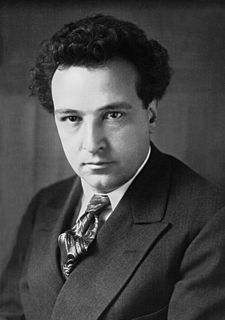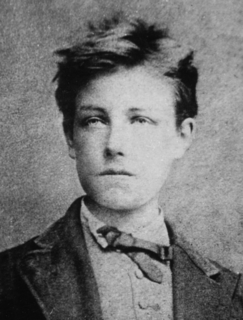Top 1200 Poet Quotes & Sayings - Page 3
Explore popular Poet quotes.
Last updated on December 11, 2024.
She [Carol Parsinan] somehow read my poems and came back to me and convinced me that I could be a poet, that I had the passion and the enthusiasm and the creativity to become a poet, but that what I was writing was not poetry because I was just expressing my feelings and I wasn't try to make anything.
Nowadays when a poet with one privately printed book can have his next three years taken care of by a Guggenheim fellowship, a Kenyon Review fellowship, and the Prix de Rome, it is hard to remember what chances the poet took in that small-town world, how precariously hand-to-mouth his existence was. And yet in one way the old days were better; [Vachel] Lindsay after a while, by luck and skill, got far more readers than any poet could get today.
I became a poet in Pittsburgh. When I lived in the South, I was a basketball player and primarily a jock. An English teacher essentially suggested that I send the poems that I'd been writing - really just for him - to a few programs, so that when I wound up in Pittsburgh, it's where I figured out that I could actually be a poet.
The inimitable writer Maxine Hong Kingston published a book in 2002 with the title To Be the Poet. However, in contrast to the transformatory distinctions Kingston makes between the conditions of being a prose writer and "the poet," my multigenre impulses incline me to a broader transformation: to be a writer.
It is not possible, for a poet, writing in any language, to protect himself from the tragic elements in human life.... [ellipsis in source] Illness, old age, and death--subjects as ancient as humanity--these are the subjects that the poet must speak of very nearly from the first moment that he begins to speak.
I wrote poetry for seven or eight years, maybe longer, before I could say I was a poet. If people asked, I'd say I wrote poetry; I wouldn't go further. I was in my mid- to late-thirties before I felt that I was a poet, which I think meant that I had begun to embody my poems in some way. I wasn't just a writer of them. Hard to say what, as a poet, my place in the world is. Some place probably between recognition and neglect.
My best songs were written very quickly. Just about as much time as it takes to write it down is about as long as it takes to write it...In writing songs I've learned as much from Cezanne as I have from Woody Guthrie...It's not me, it's the songs. I'm just the postman, I deliver the songs...I consider myself a poet first and a musician second. I live like a poet and I'll die like a poet.
I dream of a collaboration that will become so complete that, often, the poet will think as musician and the musician as poet, so that the work resulting from this union will not be the random conclusion of a series of approximations and concessions, but the harmonious synthesis of two aspects of the same thought.
I'm now making myself as scummy as I can. Why? I want to be a poet, and I'm working at turning myself into a seer. You won't understand any of this, and I'm almost incapable of explaining it to you. The idea is to reach the unknown by the derangement of all the senses. It involves enormous suffering, but one must be strong and be a born poet. It's really not my fault.
In England especially, poetry's woven into the background fabric of society. And in Ireland, it's in the foreground. The place of the poet in Irish society is enormous. If you say you're a poet in Ireland, you'd better know what you're doing, because the standard and the expectations are incredibly high.
In order to create it is necessary to destroy; and the agent of destruction in society is the poet. I believe that the poet is necessarily an anarchist, and that he must oppose all organized conceptions of the State, not only those which we inherit from the past, but equally those which are imposed on people in the name of the future.



